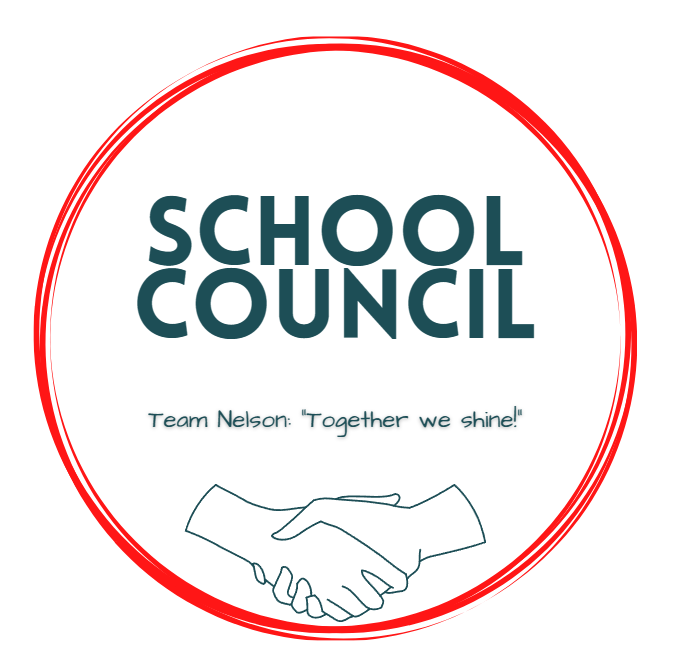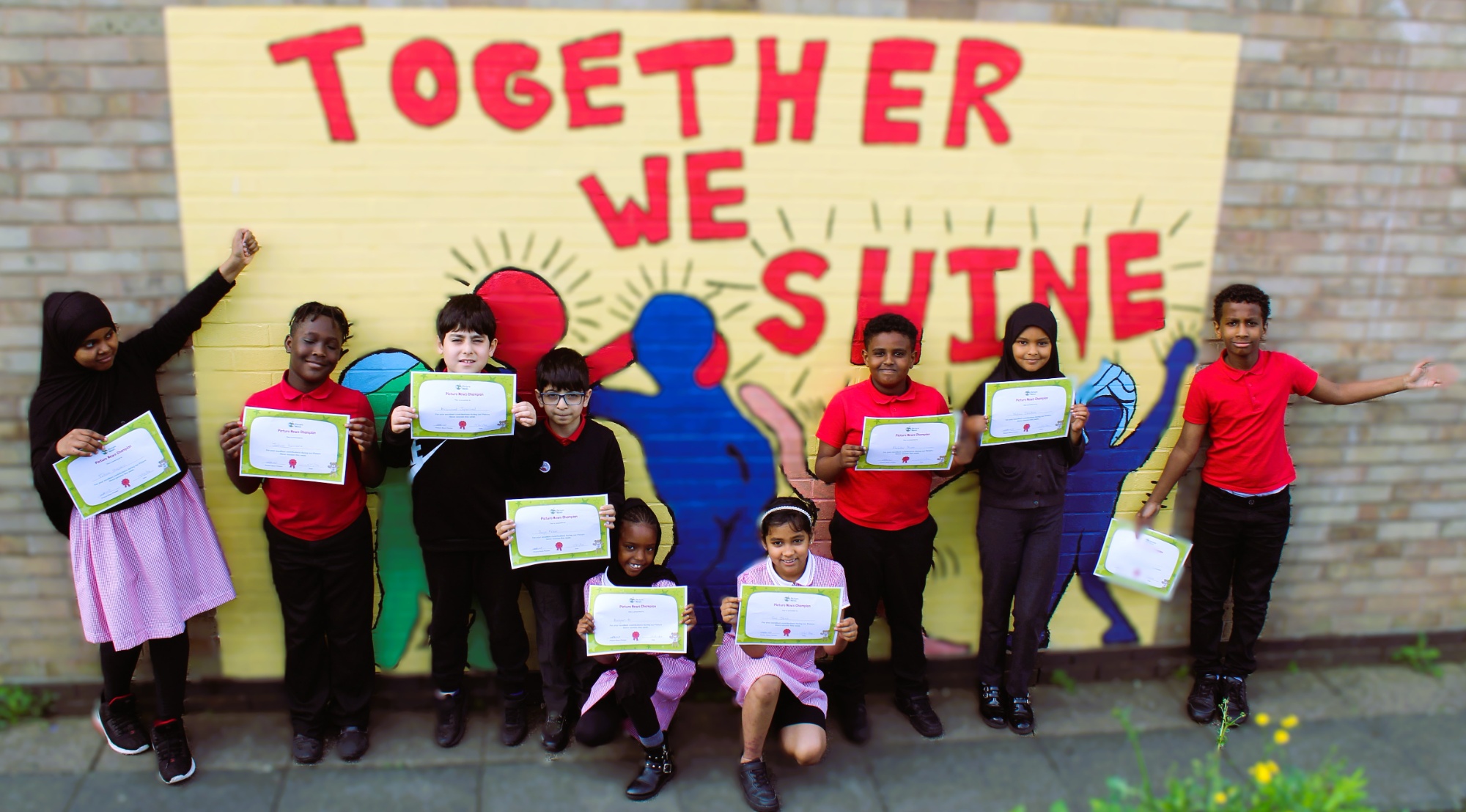⭐ 1. Leadership & Pupil Voice
School Council
 Our School Council gives pupils a real voice in school life. It helps them build confidence, take responsibility, contribute positively to the school community, develop healthy and safe lifestyles, value and respect differences, and share their ideas. We believe a School Council empowers pupils to make a genuine difference and helps create a positive, respectful learning environment.
Our School Council gives pupils a real voice in school life. It helps them build confidence, take responsibility, contribute positively to the school community, develop healthy and safe lifestyles, value and respect differences, and share their ideas. We believe a School Council empowers pupils to make a genuine difference and helps create a positive, respectful learning environment.
Through their roles, councillors experience a safe and fair space to raise ideas or concerns, learn to solve problems, influence change, and take part in organising school projects. They also develop important skills such as speaking and listening, debating, negotiation, mediation, planning and budgeting.
Class elections take place every September/October. Each KS1 and KS2 class elects two councillors, one male and one female. The council is made up of two representatives from every class. Agendas are prepared by the staff leads and minutes are recorded by pupils. The council can bid for funding from the Headteacher but must prepare a proposal, manage any budget they are given, and report on its impact.
Every class also runs its own class council. Issues that need wider discussion are passed on to the School Council through the elected representatives. The School Council will hold whole-school meetings each term to gather feedback from pupils.
During meetings, councillors vote for a chair who ensures everyone has a chance to speak. A secretary takes notes, which are then shared back with classes. At the end of each meeting, councillors are given clear actions to take back to their peers so that everyone knows what is happening and what comes next.
After each meeting, councillors speak to their class during classroom assembly time to share updates, discuss any issues raised, and encourage pupils to share their ideas. School Council achievements will be published on the website throughout the year.
Subject Ambassadors
 Subject Ambassadors at Nelson Primary School represent the pupil voice in how each curriculum subject is taught. They meet termly with subject leaders to share what pupils feel is going well and what could be improved, acting as an important link between their classmates and the staff who shape the curriculum.
Subject Ambassadors at Nelson Primary School represent the pupil voice in how each curriculum subject is taught. They meet termly with subject leaders to share what pupils feel is going well and what could be improved, acting as an important link between their classmates and the staff who shape the curriculum.
Ambassadors don’t just talk about learning—they take part in it. They join leaders on learning walks, help monitor work across the school, and gain a clear understanding of how their subject looks in different year groups. This experience helps them make informed suggestions and contribute meaningfully to discussions.
Pupils apply to become Subject Ambassadors at the start of the year and take part in a short interview. They are chosen for their enthusiasm, commitment, and interest in the subject.
Once selected, Ambassadors take on a range of responsibilities. They speak about their subject to visitors, governors and during pupil-voice interviews; share updates with the school community; attend regular meetings; and act as ‘learning detectives’ by spotting strong examples of their subject across the school.
Ambassadors also work in subject teams, meeting to discuss successes, carry out classroom visits and book reviews, and give feedback to staff. Their role ensures that pupil voice is heard clearly and consistently in curriculum development at Nelson Primary School.
Picture News Leaders
 We’re incredibly proud of our Picture News Leaders from Years 3–5. These pupils act as mini-teachers, planning and delivering engaging assemblies about current events. Miss Davy leads the LKS2 team, and Miss Z Richards leads the UKS2 team.
We’re incredibly proud of our Picture News Leaders from Years 3–5. These pupils act as mini-teachers, planning and delivering engaging assemblies about current events. Miss Davy leads the LKS2 team, and Miss Z Richards leads the UKS2 team.
Using Picture News resources, our leaders choose weekly stories that spark curiosity and thoughtful discussion. They don’t just share the news—they prompt their classmates to think deeply, ask questions, and voice their opinions.
Their assemblies also link current events to key British Values such as democracy, the rule of law, individual liberty and mutual respect. Through their leadership, pupils across the school gain a clearer understanding of how these values influence everyday life and the wider world.

